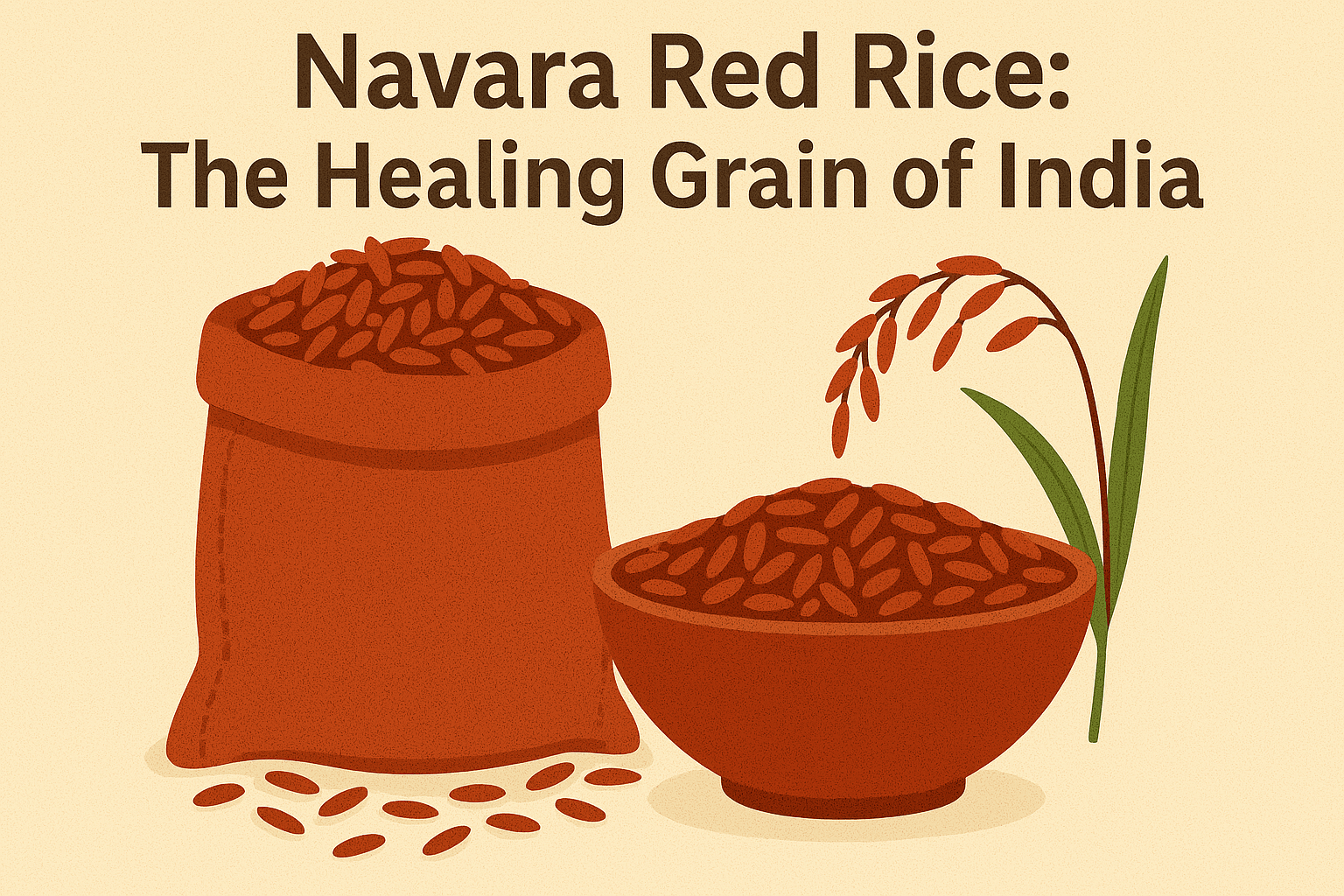Karthik Purnima, celebrated on the full moon day of the Hindu month of Kartik, is a significant and sacred festival in India. It is believed to be a time when the cosmos is spiritually charged, making it an auspicious period of devotion, rituals, and festivals across the country. Karthik Purnima, also known as the Festival of Lights of the Gods, sees millions of devotees flocking to riverbanks, temples, and other holy places, immersing themselves in deep spiritual practices. Dhanush Kumar explores the unique traditions and vibrant festivities observed during Karthik Purnima across different regions of India.
Karthik Purnima Celebrations
Regional festivities: How India celebrates Karthik Purnima
The way Karthik Purnima is celebrated varies across India, with each region adding its local flavour to the festivities.

Varanasi, Uttar Pradesh: In Varanasi, Karthik Purnima is synonymous with Dev Deepawali, a grand festival celebrated 15 days after Diwali. The ghats of the Ganges River come alive with thousands of oil lamps illuminating the steps leading down to the water. Devotees take a holy dip in the Ganges, believing it purifies their souls and removes sins. The city also hosts cultural programs, Ganga aarti, and firework displays, creating a mesmerizing sight against the backdrop of the holy river.

Pushkar, Rajasthan: In Rajasthan, Karthik Purnima coincides with the end of the famous Pushkar fair, one of the world’s largest camel and livestock fairs. Pilgrims gather to take a dip in the sacred Pushkar Lake, which is believed to have appeared when a lotus flower fell from Lord Brahma’s hand. The dip is considered highly auspicious and is said to cleanse one’s sins. Alongside the religious rituals, the fair features, cultural performances, and camel races blending spirituality with traditional Rajasthani culture.

Odisha: In Odisha, Karthik Purnima is marked by the Boita Bandana festival. This tradition harks back to the ancient maritime heritage of the region, where people commemorate the voyages of their ancestors who traced across Southeast Asia. Small boats made of banana peels, cork, or paper are set afloat in rivers and ponds, symbolizing the ancient trader’s seafaring expeditions.

Maharashtra-Tulasi Vivah: In Maharashtra, Karthik Purnima often coincides with Tulasi Vivah, a ceremonial marriage between the sacred Tulasi Plant and Lord Krishna. This event marks the end of the four months of Chaturmas, during which marriages and other auspicious activities are prohibited. Devotees also gather along riverbanks to sing devotional songs in praise of Lord Vithoba.
The Sacred Rituals and Practices during Karthik Purnima
Karthik Purnima is a time of deep spiritual practices and religious rituals. Across India, devotees wake up early to perform Karthik Snan, a holy dip taken in rivers, lakes, or seas at sunrise, which is believed to cleanse one’s sins and invite divine blessings. In addition to bathing rituals, devotees light earthen lamps in temples and homes to signify the victory of light over darkness.

The recitation of sacred texts like the Bhagavad Gita and Ramayana, chanting of prayers, and engaging in charity are also common. Many people distribute food, clothes, and money to the needy, as Karthik Purnima is considered a highly auspicious time for performing acts of kindness.

Conclusion
Karthik Purnima is more than just a festival, it is a spiritual journey that weaves together India’s diverse cultural and religious tapestry. The festival serves as a reminder of the enduring power of faith, light, and community, enriching lives through the beauty of shared traditions and spiritual harmony.

























